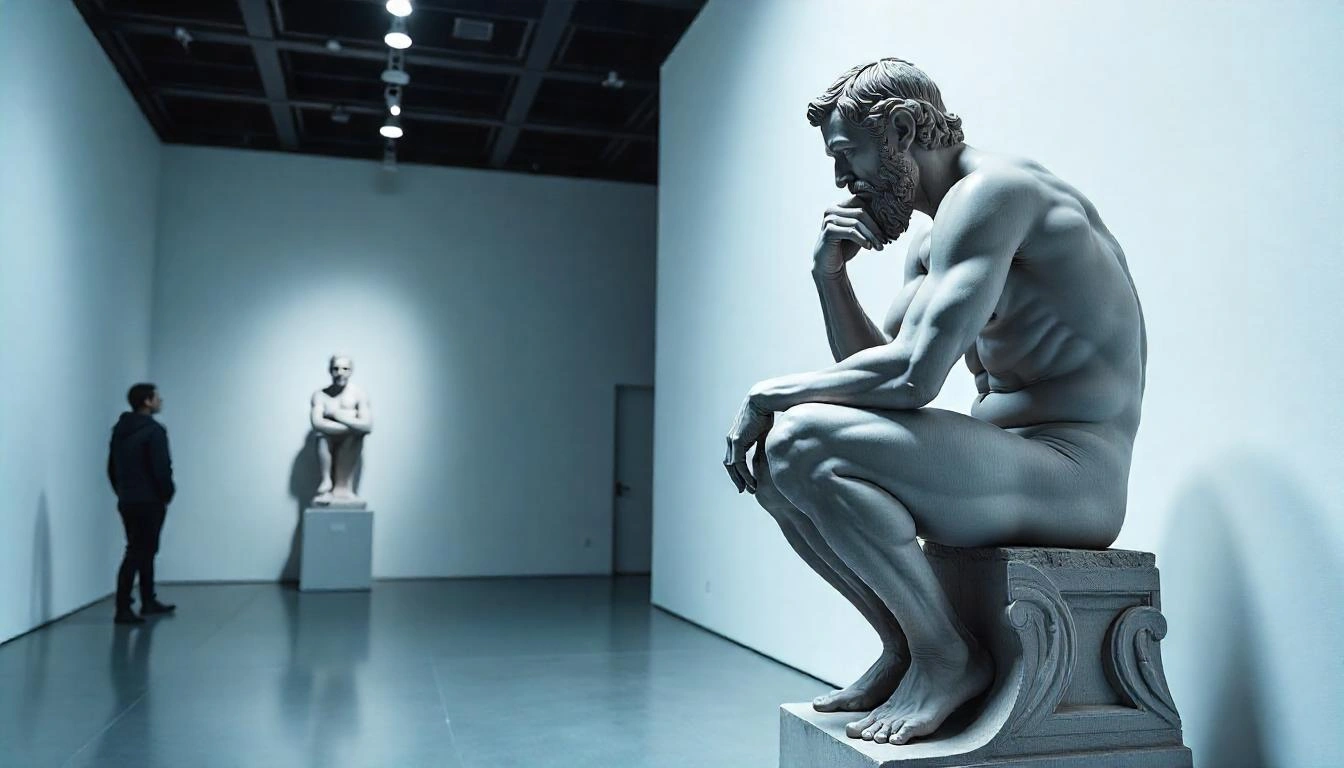Introduction
Simplicius of Cilicia, an eminent philosopher of Late Antiquity, played a crucial role in preserving and interpreting classical Greek philosophy. As a devoted Neoplatonist and an astute commentator on Aristotle, he sought to reconcile Platonic and Aristotelian thought while defending the ancient philosophical traditions against emerging intellectual paradigms. His meticulous commentaries on Aristotle, particularly on physics and metaphysics, not only provided insights into the Aristotelian corpus but also safeguarded philosophical knowledge during a period of transition. This article explores Simplicius’ contributions to Neoplatonism, his interpretations of Aristotle, and his enduring influence on medieval and Renaissance philosophy.
Simplicius and the Neoplatonic Tradition
As a disciple of the Neoplatonic school, Simplicius upheld the Platonic tradition while integrating Aristotelian elements. His philosophy was deeply rooted in the metaphysical framework of Neoplatonism, which posited a hierarchical structure of reality emanating from the One. For Simplicius, Aristotle was not an adversary to Platonism but a philosopher whose works could be reconciled with Neoplatonic principles. His approach was harmonizing rather than adversarial, aiming to demonstrate the unity underlying Greek philosophical thought.
A key aspect of Simplicius’ Neoplatonism was his defense of theurgy and the contemplative ascent to the divine. Unlike his predecessors, who often emphasized dialectical reasoning, Simplicius saw theurgy as a legitimate path to enlightenment, reinforcing the idea that philosophy was not merely an intellectual pursuit but a means of attaining spiritual perfection. His reverence for the ancient philosophical traditions was evident in his opposition to the Christianization of philosophical thought, which he perceived as a dilution of the pure Hellenic wisdom.
Aristotelian Commentary and Its Impact
Simplicius’ most significant contribution to philosophy was his detailed commentaries on Aristotle’s works, particularly Physics, Categories, and De Anima. These commentaries were not mere expositions but sophisticated analyses that preserved and interpreted Aristotelian thought through a Neoplatonic lens. His exegeses often sought to clarify ambiguities, reconcile apparent contradictions, and integrate Aristotle’s philosophy with broader metaphysical concerns.
One of Simplicius’ primary goals was to defend Aristotle against the criticisms of earlier Neoplatonists, such as Plotinus and Proclus, who sometimes viewed Aristotelian doctrine as incompatible with their metaphysical system. By meticulously analyzing Aristotle’s arguments, Simplicius demonstrated that his philosophy could be seen as complementary to, rather than in opposition to, Neoplatonism. His treatment of Aristotle’s Physics is particularly noteworthy, as it provided an in-depth discussion on the nature of time, motion, and causality, influencing subsequent medieval scholars.
Another important aspect of Simplicius’ commentaries was their historical value. His works preserved fragments of pre-Socratic and Hellenistic philosophy that might have otherwise been lost. Through extensive citations and discussions, he ensured the transmission of classical philosophical thought to later generations, making his commentaries an invaluable resource for both medieval and Renaissance scholars.
Influence on Medieval and Renaissance Thought
Simplicius’ influence extended far beyond Late Antiquity, significantly shaping medieval Islamic, Byzantine, and Western European philosophy. His commentaries were widely studied in the Islamic world, particularly by scholars such as Avicenna and Averroes, who integrated his interpretations into their own philosophical frameworks. In the Byzantine tradition, his works contributed to the continuity of Greek philosophy, providing a crucial link between antiquity and the medieval intellectual landscape.
During the Renaissance, Simplicius’ commentaries experienced a resurgence, as scholars sought to recover and re-evaluate classical philosophy. Humanists such as Marsilio Ficino and Giovanni Pico della Mirandola engaged with his texts, appreciating his attempt to synthesize Platonic and Aristotelian thought. His meticulous approach to Aristotelian exegesis influenced the development of scholasticism and the interpretation of ancient texts in the Renaissance academies.
Conclusion
Simplicius the thinker remains a towering figure in the history of philosophy, not only for his erudite commentaries on Aristotle but also for his steadfast commitment to Neoplatonism and the preservation of ancient philosophical traditions. His work exemplifies the synthesis of Platonic and Aristotelian thought, serving as a bridge between antiquity and the intellectual movements of the medieval and Renaissance periods. By safeguarding and interpreting classical philosophy, Simplicius ensured that the wisdom of the past continued to inspire generations of thinkers, solidifying his place as one of the most influential philosophers of his time. His legacy endures as a testament to the power of philosophical inquiry and the enduring quest for truth.
Explore more thought-provoking insights on philosophy and ideas here.





